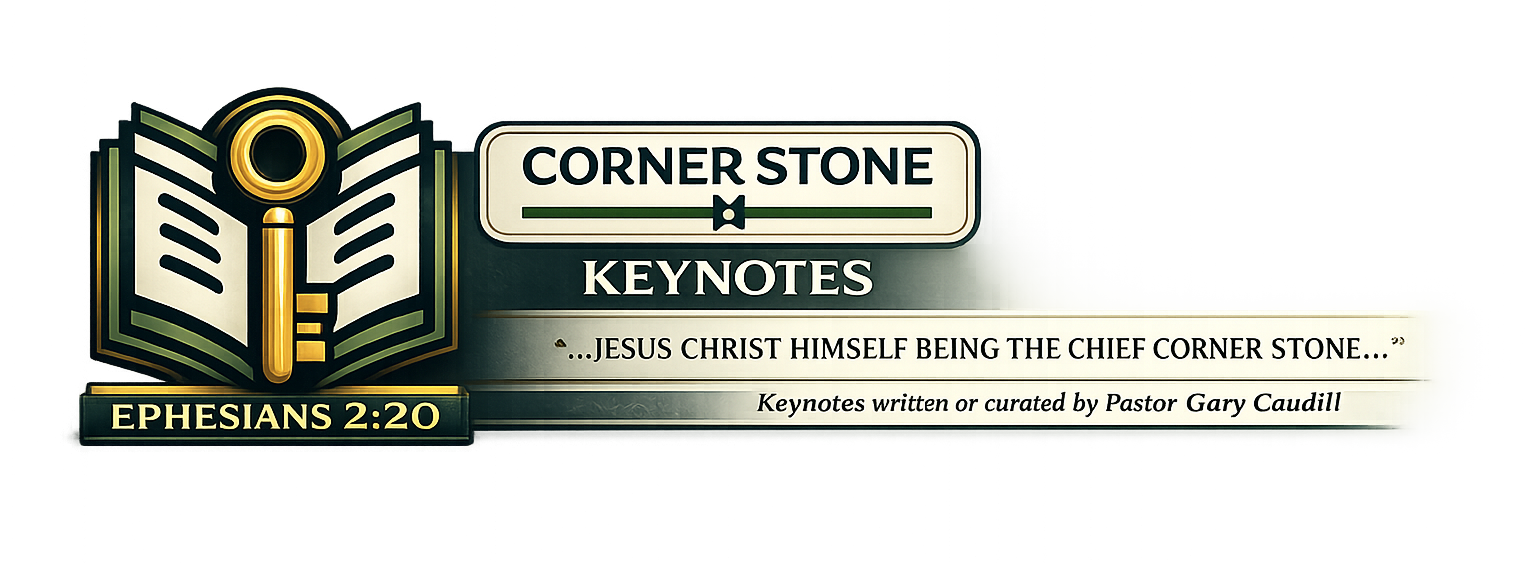
Overview
Psalm 110 is a royal psalm and is often cited in the New Testament as a Messianic prophecy. Attributed to David, this short but profound chapter begins with the statement "The LORD says to my Lord," a dialogue that has been interpreted as an interaction between God the Father and the Messiah. The psalm foretells the divine appointment of the Messiah to a position of authority, describing Him as one who will sit at God’s right hand and whose enemies will be made a footstool. Additionally, the psalm speaks of the "order of Melchizedek," connecting the Messiah to an eternal priesthood, distinct from the Levitical priesthood. The latter verses celebrate the Messiah’s future victories and ultimate rule over the nations. Overall, Psalm 110 encapsulates the hope for a divinely-appointed ruler who will execute justice, achieve victory, and serve as an eternal priest, laying the theological foundation for the New Testament's depiction of Jesus Christ.
Psalm 110
1 (A Psalm of David.) The LORD said unto my Lord, Sit thou at my right hand, until I make thine enemies thy footstool.
2 The LORD shall send the rod of thy strength out of Zion: rule thou in the midst of thine enemies.
3 Thy people shall be willing in the day of thy power, in the beauties of holiness from the womb of the morning: thou hast the dew of thy youth.
4 The LORD hath sworn, and will not repent, Thou art a priest for ever after the order of Melchizedek.
5 The Lord at thy right hand shall strike through kings in the day of his wrath.
6 He shall judge among the heathen, he shall fill the places with the dead bodies; he shall wound the heads over many countries.
7 He shall drink of the brook in the way: therefore shall he lift up the head.
End of Psalm 110
1 Year Plan: Sept 23 - Isa 37, Isa 38, Ps 109, Ps 110 [next day]
2 The LORD shall send the rod of thy strength out of Zion: rule thou in the midst of thine enemies.
3 Thy people shall be willing in the day of thy power, in the beauties of holiness from the womb of the morning: thou hast the dew of thy youth.
4 The LORD hath sworn, and will not repent, Thou art a priest for ever after the order of Melchizedek.
5 The Lord at thy right hand shall strike through kings in the day of his wrath.
6 He shall judge among the heathen, he shall fill the places with the dead bodies; he shall wound the heads over many countries.
7 He shall drink of the brook in the way: therefore shall he lift up the head.
End of Psalm 110
1 Year Plan: Sept 23 - Isa 37, Isa 38, Ps 109, Ps 110 [next day]
